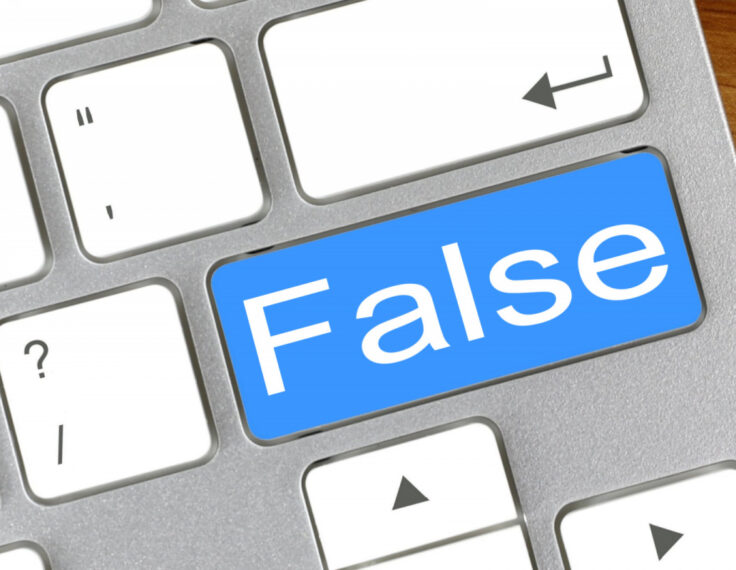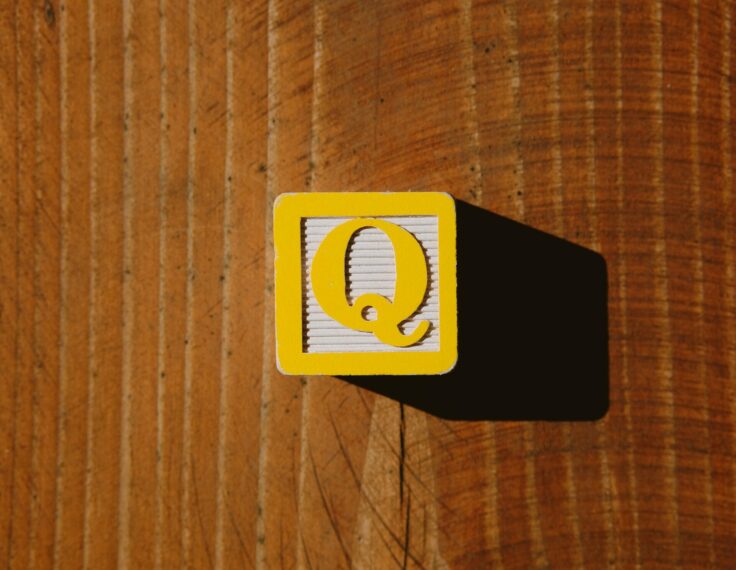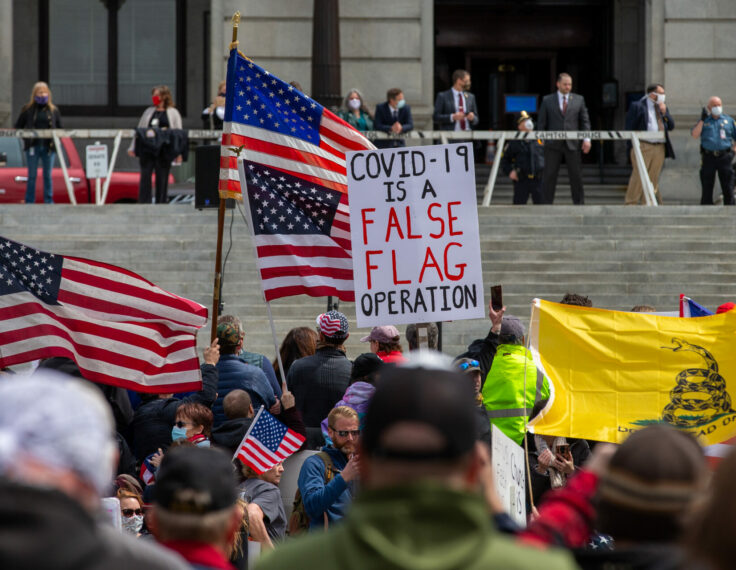Explore All Articles
All Articles
Article Topic

Brazilian Capitol attack: The interaction between Bolsonaro’s supporters’ content, WhatsApp, Twitter, and news media
Joao V. S. Ozawa, Josephine Lukito, Felipe Bailez and Luis G. P. Fakhouri
Bolsonaro’s supporters used social media to spread content during key events related to the Brasília attack. An unprecedented analysis of more than 15,000 public WhatsApp groups showed that these political actors tried to manufacture consensus in preparation for and after the attack. A cross-platform time series analysis showed that the spread of content on Twitter predicted the spread of content on WhatsApp.

Who knowingly shares false political information online?
Shane Littrell, Casey Klofstad, Amanda Diekman, John Funchion, Manohar Murthi, Kamal Premaratne, Michelle Seelig, Daniel Verdear, Stefan Wuchty and Joseph E. Uscinski
Some people share misinformation accidentally, but others do so knowingly. To fully understand the spread of misinformation online, it is important to analyze those who purposely share it. Using a 2022 U.S. survey, we found that 14 percent of respondents reported knowingly sharing misinformation, and that these respondents were more likely to also report support for political violence, a desire to run for office, and warm feelings toward extremists.

Where conspiracy theories flourish: A study of YouTube comments and Bill Gates conspiracy theories
Lan Ha, Timothy Graham and Joanne Gray
We studied YouTube comments posted to Covid-19 news videos featuring Bill Gates and found they were dominated by conspiracy theories. Our results suggest the platform’s comments feature operates as a relatively unmoderated social media space where conspiracy theories circulate unchecked. We outline steps that YouTube can take now to improve its approach to moderating misinformation.

Legislator criticism of a candidate’s conspiracy beliefs reduces support for the conspiracy but not the candidate: Evidence from Marjorie Taylor Greene and QAnon
Victor Wu, John Carey, Brendan Nyhan and Jason Reifler
In November 2020, Georgia Republican Marjorie Taylor Greene became the first open supporter of QAnon to be elected to the United States Congress. Despite criticism from Democrats, Republicans, and the media for her belief in this dangerous conspiracy theory, Greene remains a prominent national figure and a member of Congress.

Research note: Explicit voter fraud conspiracy cues increase belief among co-partisans but have broader spillover effects on confidence in elections
Benjamin A. Lyons and Kaitlyn S. Workman
In this pre-registered experiment, we test the effects of conspiracy cue content in the context of the 2020 U.S. elections. Specifically, we varied whether respondents saw an explicitly stated conspiracy theory, one that was merely implied, or none at all. We found that explicit cues about rigged voting machines increase belief in such theories, especially when the cues target the opposing political party.

Research note: Understanding offline Covid-19 conspiracy theories: A content analysis of The Light “truthpaper”
Rod Dacombe, Nicole Souter and Lumi Westerlund
This article explores the ways in which offline conspiracist material concerned with Covid-19 is presented and structured through a content analysis of The Light, a newspaper produced and distributed by activists in the U.K. Our analysis shows that conspiracy theories related to Covid-19 are included alongside a range of other, non-conspiracist content and that readers encounter these ideas in a format which closely resembles a conventional newspaper.

Research note: Bolsonaro’s firehose: How Covid-19 disinformation on WhatsApp was used to fight a government political crisis in Brazil
Felipe Bonow Soares, Raquel Recuero, Taiane Volcan, Giane Fagundes and Giéle Sodré
Brazil has one of the highest rates of cases and deaths attributed to Covid-19 in the world. Two factors contributed to the high rates: the Brazilian government underestimated the pandemic and a large amount of disinformation was spread through social media.

Conspiracy and debunking narratives about COVID-19 origins on Chinese social media: How it started and who is to blame
Kaiping Chen, Anfan Chen, Jingwen Zhang, Jingbo Meng and Cuihua Shen
This paper studies conspiracy and debunking narratives about the origins of COVID-19 on a major Chinese social media platform, Weibo, from January to April 2020. Popular conspiracies about COVID-19 on Weibo, including that the virus is human-synthesized or a bioweapon, differ substantially from those in the United States.

The different forms of COVID-19 misinformation and their consequences
Adam M. Enders, Joseph E. Uscinski, Casey Klofstad and Justin Stoler
As the COVID-19 pandemic progresses, an understanding of the structure and organization of beliefs in pandemic conspiracy theories and misinformation becomes increasingly critical for addressing the threat posed by these dubious ideas. In polling Americans about beliefs in 11 such ideas, we observed clear groupings of beliefs that correspond with different individual-level characteristics (e.g.,
